With his recent comments about frustrated small-town people “cling[ing] to guns or religion or antipathy to people who aren't like them or anti-immigrant sentiment or anti-trade sentiment,” Barack Obama signaled that he doesn’t know much about everyday Americans. And now, reacting to last week’s debate, more than a few members of the elite press are proving that they don’t, either.
The Nation’s Katrina vanden Heuvel denounced what she called the “relentless stream of 'gotcha' questions." Walter Schapiro of Salon.com fumed that the debate was “devoid of a single policy question during its opening 50 minutes.” Andrew Sullivan insisted that the topics dominating the debate’s first half were “utterly divorced from the actual issues that Americans want to talk about.” The solons at Editor & Publisher characterized the entire episode as "perhaps the most embarrassing performance by the media in a major presidential debate in years." Barack Obama himself weighed in, describing the inquiries as a “distraction.”
Certainly, Obama’s partisans in the press had every right to be disappointed in his performance. But by focusing their unhappiness on the debate’s questions instead of the candidate’s responses to them, they’ve inadvertently revealed – once again – just how ignorant much of the mainstream media is about the concerns of the normal American voter.
There may well be some Americans like Cy Shain of San Francisco, who authored a letter to the editor of The New York Times identifying a “need for a true debate between the two candidates on their major positions to solve our nation’s many problems” – despite the 23 other debates in which the candidates have addressed these issues (and the second half of Wednesday’s debate, where they did so yet again). And there are no doubt scores of pundits and political junkies salivating at the prospect of another interminable discussion about who said what about Iraq when.
Recommended
But – newsflash to the press elites! – normal Americans have lives. They are busy with their own concerns and after a hard day’s work, they might even be a bit more interested in who’s getting voted off “American Idol” than in the nuances of Barack and Hillary’s competing health care plans.
Do they “care” about the election? Of course. But they’re watching the debates for reasons that are very different from those of the pundits and political insiders, most of whom formed their judgments about the contenders long ago. Normal Americans are tuning in to get a gut feel for the candidates – to decide whom they like and trust, whose views they generally agree with and, of course, whom they can best tolerate seeing on television every night for the next four years.
That’s why last week’s debate was actually the most informative of the entire season. For once, along with all the wonky canned policy responses, it offered real, new insights into the candidates as human beings, and forced them to answer the “character questions” that are central to shaping everyday voters’ gut-level decision making.
Given the similarity in most of their policy views, it was inevitable that such questions would loom large in the course of the Clinton-Obama race. What’s more, compared to Hillary Clinton, Barack Obama is an unknown quantity – just five years ago, after all, he was an obscure state senator. So it was likewise foreseeable that more of those questions would be directed at him, not only because he’s the frontrunner, but also because Americans simply don’t know him all that well. Obama’s own words and the news about his past associations raised the stakes, precipitating legitimate questions about his views and his values.
Certainly, normal people don’t demand that a president’s background or ideology precisely mirror their own. But they do, rightly, insist that their president be a person who genuinely respects them and generally shares their values. When the press gives voters the information they want and need to form that judgment about a candidate, it’s actually doing its job.
Perhaps one wouldn’t have expected Princeton graduate Charles Gibson and Rhodes scholar George Stephanopoulos to serve as vox populi. But they did just that on Wednesday night, thereby restoring some relevance to a mainstream media that too often seems elitist, arrogant, and out of touch. For that, they deserve their colleagues’ thanks, rather than their censure.


















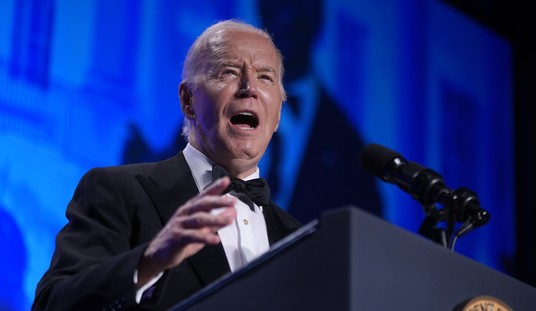
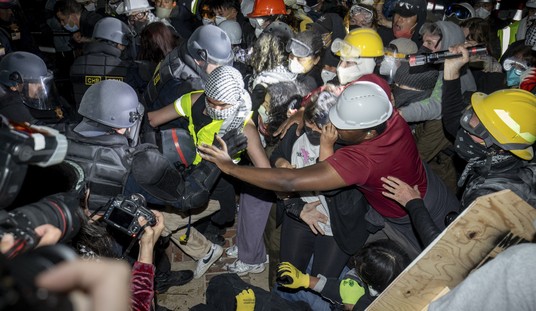
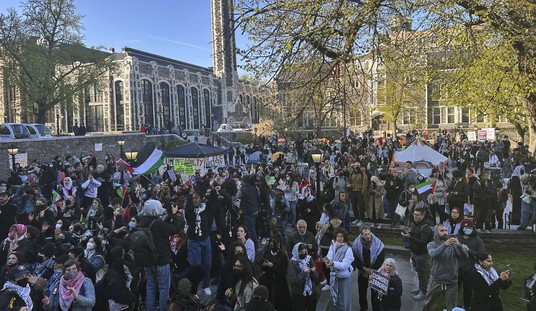
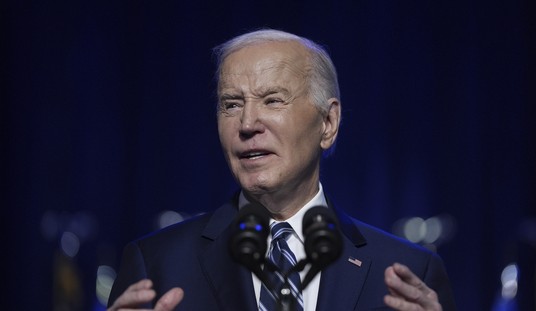

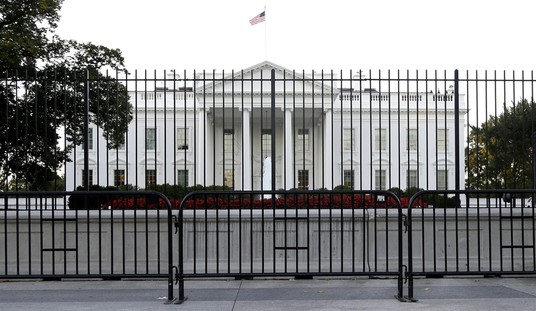
Join the conversation as a VIP Member